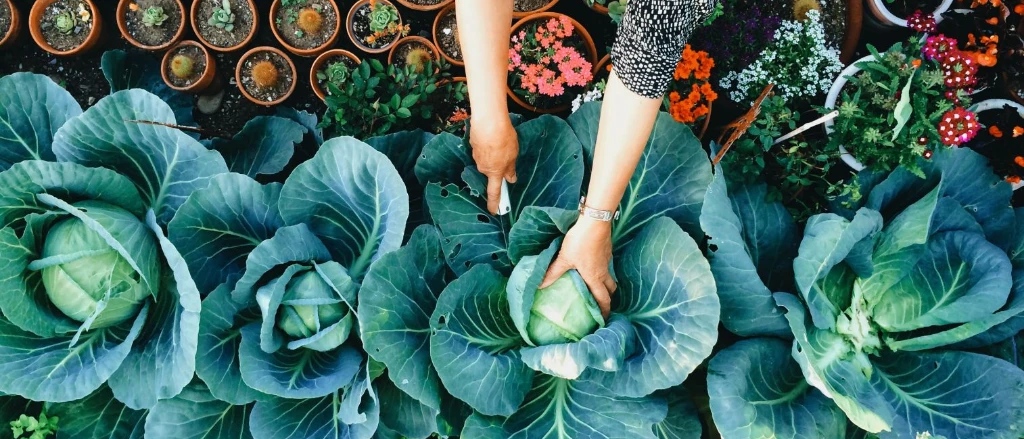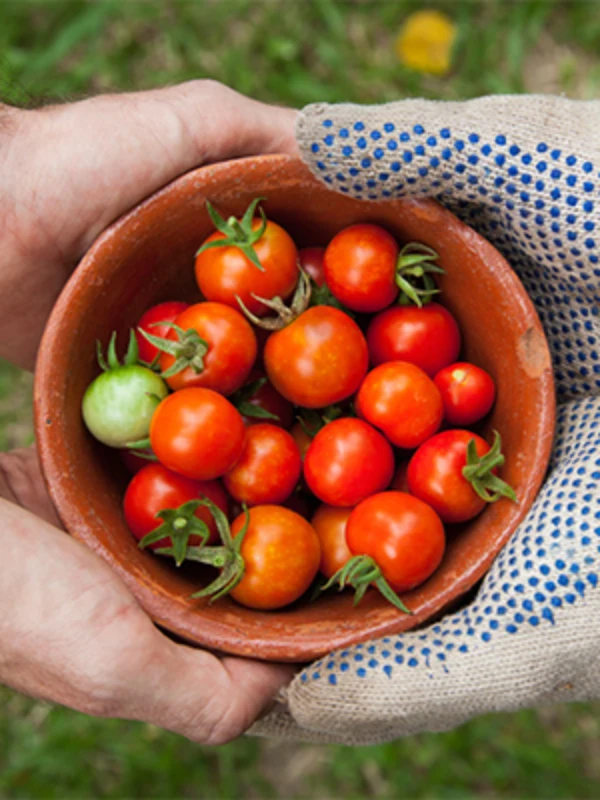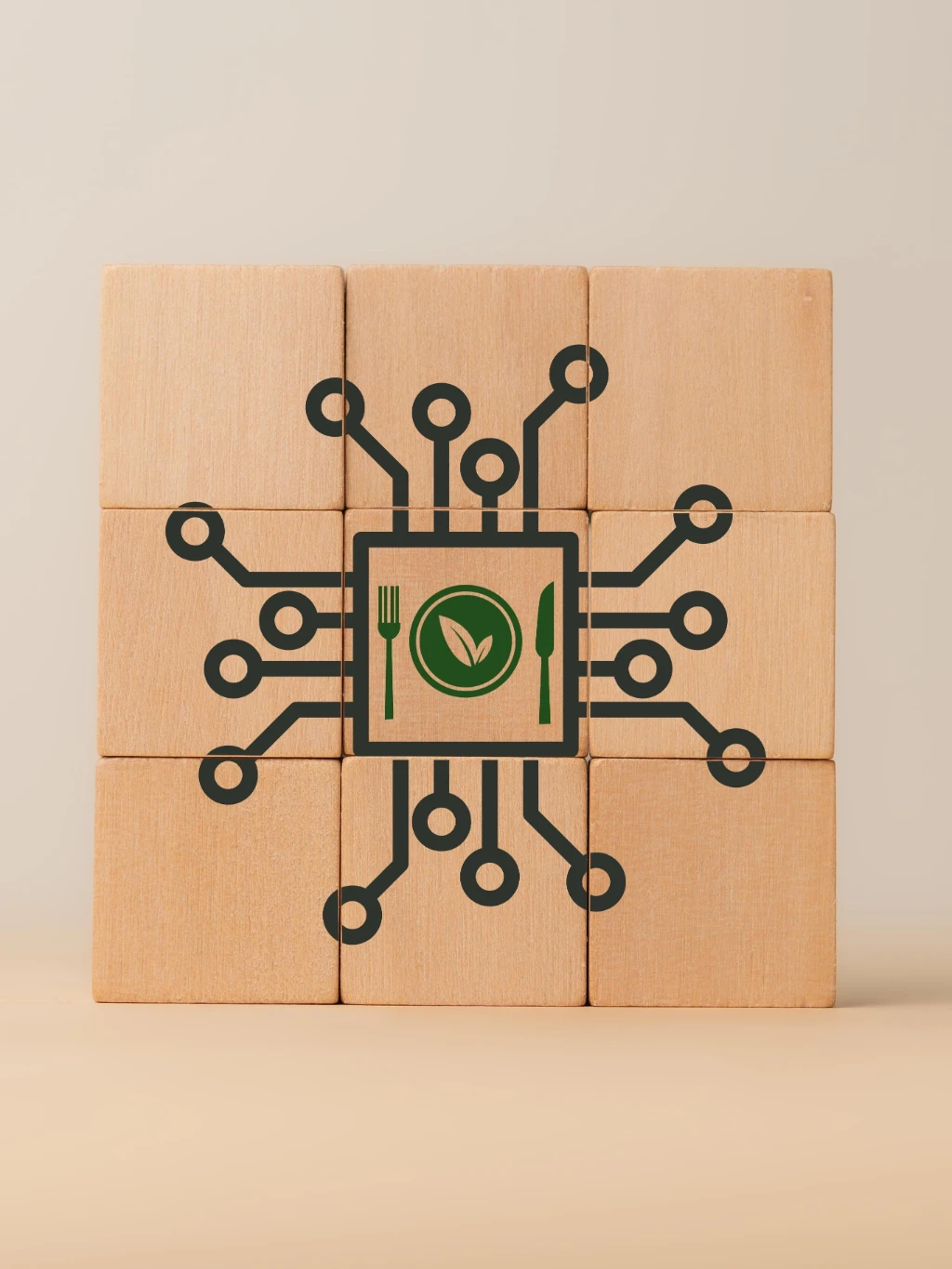
Unlocking food safety with blockchain: The future of transparent food chains
What is blockchain for food safety?
Blockchain technology is a decentralised digital ledger that records transactions across multiple computers in a way that the registered transactions cannot be altered retroactively. In the food industry, this technology can track the entire journey of food products from farm to table, ensuring transparency and accountability at every step.


Examples of blockchain in food safety
1. IBM Food Trust
IBM Food Trust is a blockchain-based platform that enables participants in the food supply chain to access and share data securely. Major retailers like Walmart use this platform to track the origins of their produce, ensuring quick traceability in case of foodborne illness outbreaks.
2. Provenance
Provenance is a UK-based company that uses blockchain to provide transparency in supply chains. They enable businesses to share verified information about the origin, journey, and impact of their products, building consumer trust through verified claims.
3. TE-FOOD
TE-FOOD is a blockchain-based solution that provides farm-to-table traceability for fresh food. It records information at each step of the supply chain, from producers to retailers, ensuring food safety and transparency.
Key insights into blockchain for food safety
Blockchain’s immutable ledger ensures that all transactions and movements of food products are recorded transparently. This transparency helps in quickly identifying the source of contamination, thereby reducing the scope and impact of food recalls.
The ability to trace food products through every stage of the supply chain means that consumers and businesses can verify the origin and handling of food items. This traceability builds consumer trust and helps ensure compliance with safety standards.
Blockchain can streamline the supply chain process by reducing paperwork and manual record-keeping. This efficiency not only saves time and costs but also minimises the risk of errors and fraud.

Is blockchain the future of food safety?
While blockchain technology offers numerous benefits, several factors need to be considered. The advantages of blockchain technology include enhanced transparency, as it allows consumers to access detailed information about the food they consume. This leads to improved traceability, enabling quick identification of contamination sources and reducing the impact of foodborne illnesses. Additionally, blockchain technology improves operational efficiency by automating record-keeping and verification processes, which streamlines supply chain operations.
However, there are notable challenges associated with the implementation of blockchain technology. The initial setup and integration can be expensive, posing a significant barrier to entry. Widespread adoption requires collaboration across the entire supply chain, which can be difficult to achieve. Furthermore, ensuring the security and privacy of data within a blockchain network is crucial, as it involves handling sensitive information.
Blockchain technology holds immense potential for transforming food safety by enhancing transparency, traceability, and efficiency in the supply chain. While there are challenges to overcome, the benefits make it a compelling option for the future. So, is blockchain the future of food safety? It certainly seems like a promising and secure possibility.
Stay tuned to Selecta for more insights into the latest food tech innovations and how they might soon be part of your daily dining experience.
Please note
Our solutions are ideal for medium to large companies with over 100 employees plus universities, hospitals, hotels, and leisure facilities throughout the UK and Republic of Ireland. We also support cafés and retailers serving over 25 hot beverages a day. To ensure we recommend the best-fit solution, we take the time to understand your unique needs and preferences, rather than offering a standard price list.